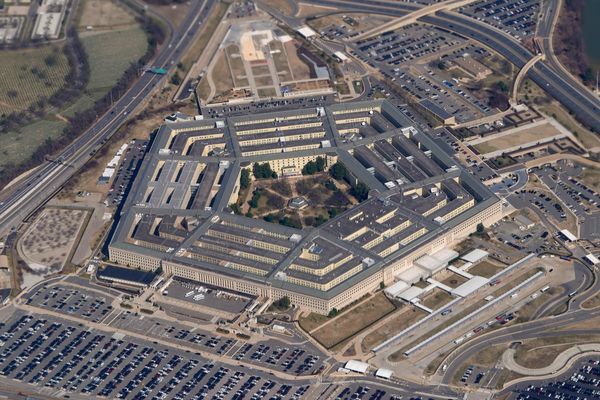
The United Nations Human Rights Council overwhelmingly voted in favour on Tuesday of extending the mandate of an investigative body probing possible war crimes committed since Russia's invasion of Ukraine.
Twenty-eight countries voted in favour of extending the mandate of the Independent International Commission of Inquiry on Ukraine by a year. Seventeen abstained and two voted against the body, which Ukraine says is essential for keeping Russia accountable for its crimes.
"The scope and brutality of Russia's atrocities in Ukraine are simply beyond any human comprehension," Ukraine's ambassador to the United Nations in Geneva, Yevheniia Filipenko, told the Council ahead of the vote.
"We strongly believe that the continued work of the Commission in further investigating, documenting and reporting human rights violations and international crimes committed against the people in Ukraine could save more innocent lives (and) could contribute to accountability for perpetrators and justice for victims."
In a report published last month, the commission found that crimes committed by Russian forces in Ukraine, including the use of torture and attacks against the country's energy infrastructure, could constitute crimes against humanity.
Russia, which refused to address the Human Rights Council on Tuesday, vigorously denies committing atrocities or targeting civilians in Ukraine.
'TRULY SICKENING'
China, a Russian ally, voted against the initiative, which was backed by more than 50 states. South Africa abstained, saying the initiative could drive a "deeper wedge" between the sides.
Still, observers said the number of favourable votes - just four fewer than at the inquiry's creation in March 2022 - was promising, more than a year into the war. "Only two countries opposed this which is quite remarkable," said Olaf Wientzek, director of the Geneva office of the German Konrad Adenauer Foundation think tank.
The commission found that some 16,000 children have been unlawfully transferred and deported from Ukraine, citing a Ukrainian government figure. Russia denies the accusation, arguing it has evacuated people voluntarily from Ukraine.
"Putin's war has caused dire humanitarian consequences in Ukraine, throughout Europe and around the world, and the forcible transfer and deportation of Ukraine's children is truly sickening," U.S. Permanent Representative to council, Michèle Taylor, said.
Germany's ambassador Katharina Stasch called the deportations "an attempt to steal Ukraine's future".
The U.N. Human Rights Council, the only body made up of governments to protect human rights worldwide, does not have legally binding powers but its debates can spur investigations that feed evidence to national and international courts.
The extension of the inquiry's mandate comes as the International Criminal Court is expected to seek the arrest of Russian officials for deporting children from Ukraine and attacking civilian infrastructure.
(Reporting by Gabrielle Tétrault-Farber and Emma Farge; Editing by Christina Fincher and Ed Osmond)







